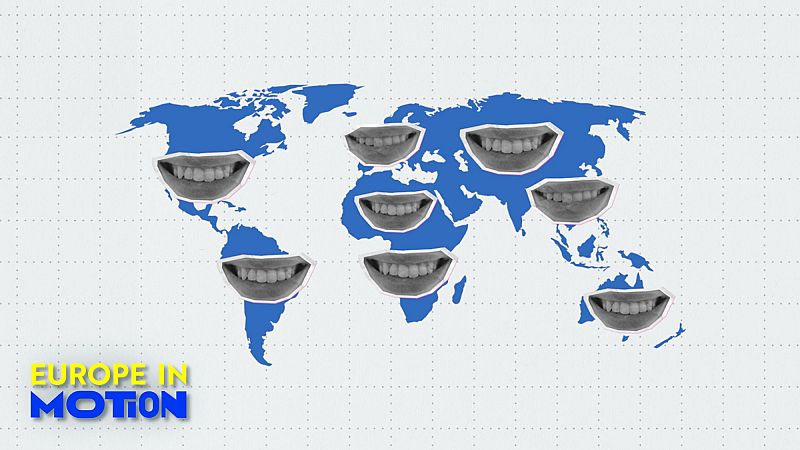
Finland has been named the world's happiest country for the eighth consecutive year, according to the World Happiness Report 2025.
Experts cite access to nature and a strong welfare system as factors.
This is followed by Denmark, Iceland, and Sweden.
These countries routinely score high in metrics like social support, trust and overall well-being.
The World Happiness Report surveyed more than 100,000 people in 140 countries and territories.
"Happiness in Finland is not about constant joy but a sense of security, trust and balance in daily life. It comes from knowing that support is there when needed, whether through our strong social policies, high-quality education or access to nature," said Miika Mäkitalo, CEO of HappyOrNot, a Finnish company that helps businesses measure customer satisfaction.
Mäkitalo added: "As a society, we value equality and sustainability, creating an environment where people feel supported and are able to thrive. Policies such as generous parental leave and affordable childcare ensure that families have both financial security and time to spend with their children, reflecting a wider commitment to well-being and work-life balance."
Sharing meals and having someone to rely on
Societies where people frequently share meals report higher happiness and social support.
Poland is the only EU country represented in the top 10 with an average of more than 10 meals shared per week.
By contrast, Estonia is at the very bottom of the list, where residents report sharing only 2.7 meals per week.
People who live alone are also less happy.
In Europe, a household of four to five people exhibits the highest levels of happiness.
However, loneliness among young adults is rising, with 19% reporting having no one to rely on - a 39% increase since 2006.
Many young adults underestimate their peers’ empathy, leading them to avoid connecting with others and miss out on opportunities for meaningful relationships.
Acts of kindness increased during the COVID-19 pandemic and remain 10% above pre-pandemic levels.
Donating and volunteering appear to be more common in Central and Eastern Europe, while sharing material resources is more common in Western Europe.
"This year’s report pushes us to look beyond traditional determinants like health and wealth. It turns out that sharing meals and trusting others are even stronger predictors of well-being than expected," said Jan-Emmanuel De Neve, director of Oxford’s Wellbeing Research Centre and an editor of the World Happiness Report. "In this era of social isolation and political polarisation we need to find ways to bring people around the table again — doing so is critical for our individual and collective well-being."







